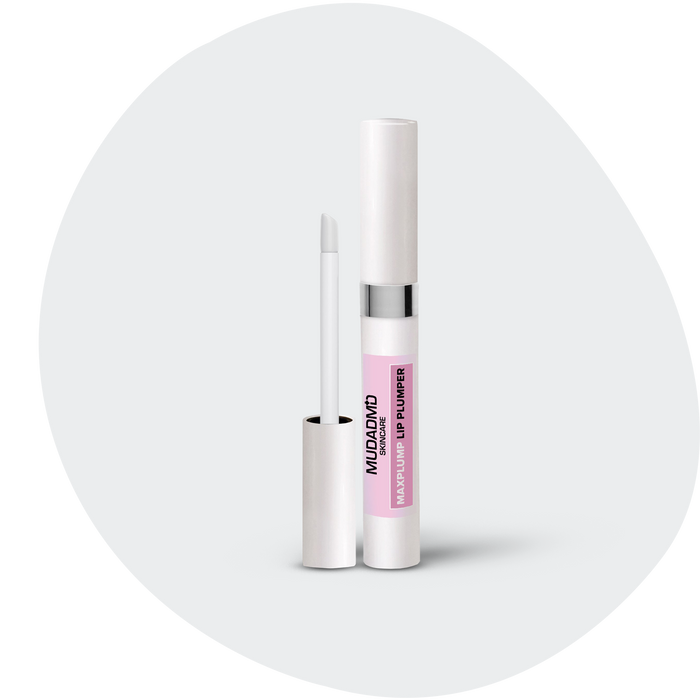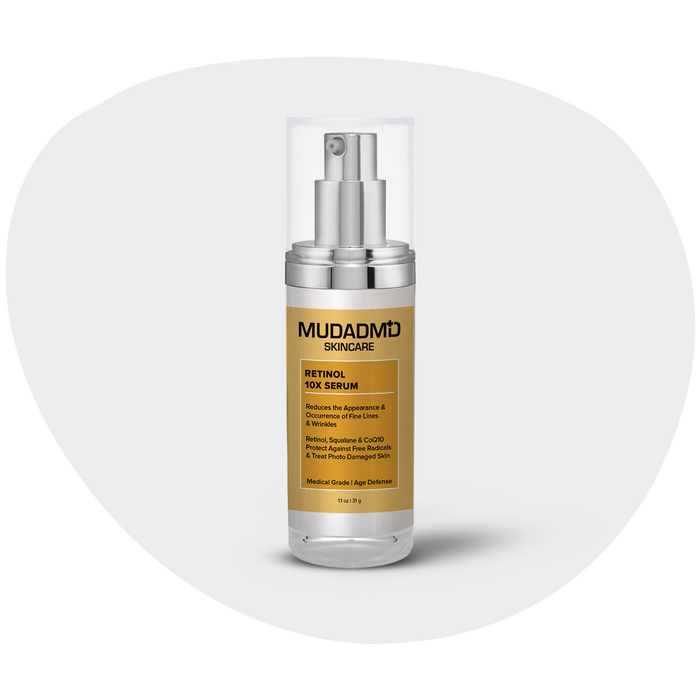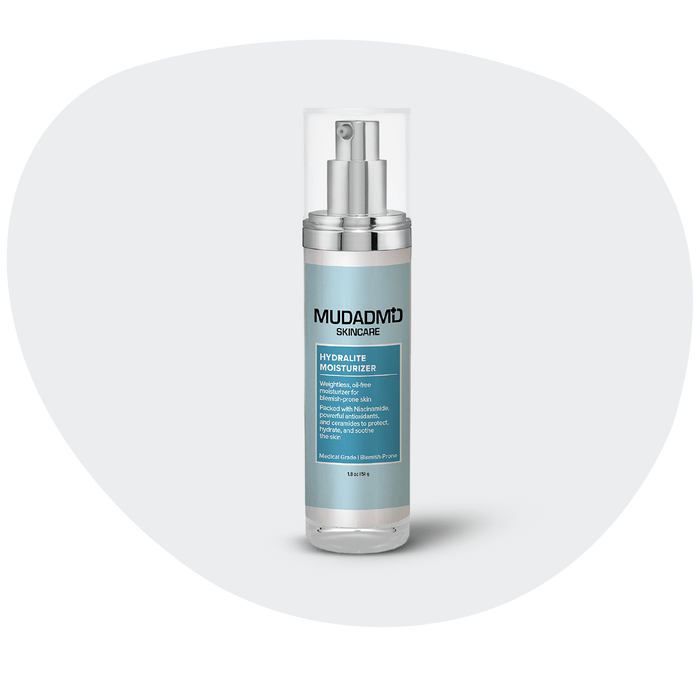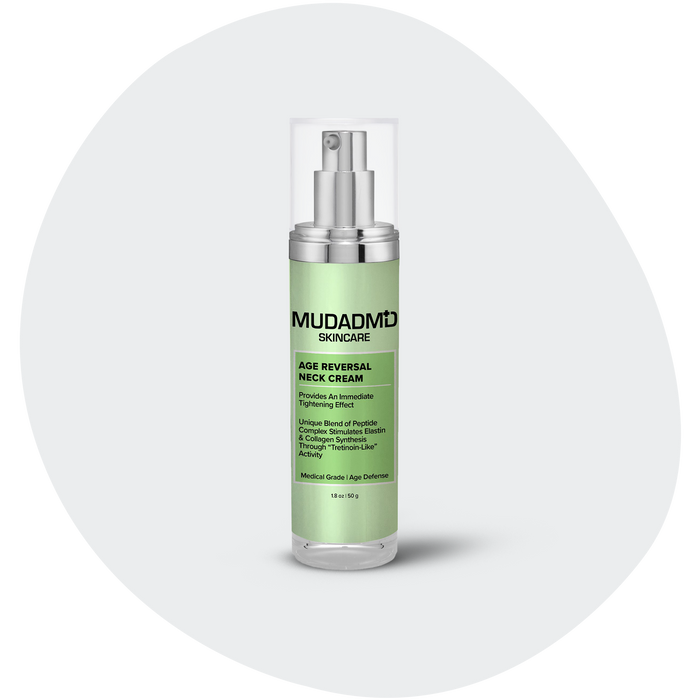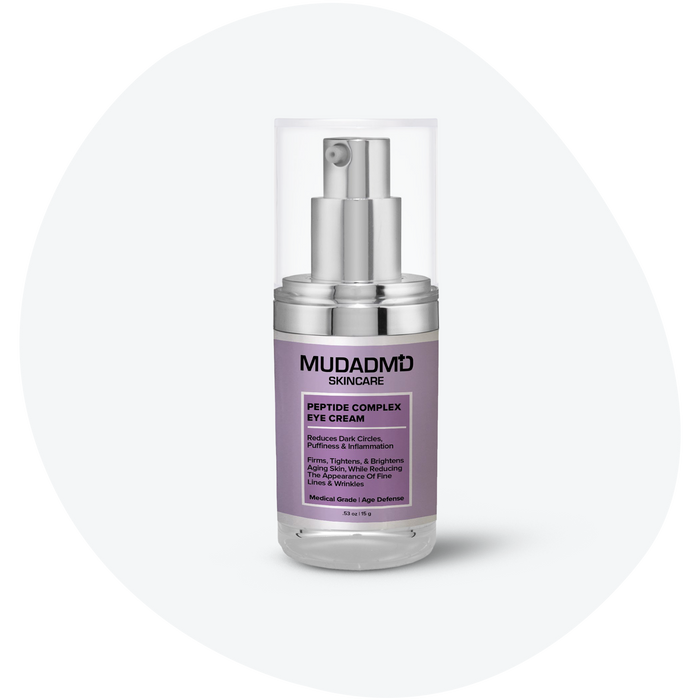

· By Raja Mudad
The Perfect Winter Skincare Routine
Just like any other season, cold winter weather brings its own set of advantages and disadvantages when it comes to your skin. People with oily skin type can finally find some relief as their shiny, greasy complexion starts to look closer to a normal, healthy one. But, if you have dry skin, only a good strategy and consistency can help you make it to the spring without excessive flaking and cracking.
During the winter, your skin has to deal with different conditions than during the rest of the year. It is suddenly constantly exposed to dry climate, cold air, harsh winds and indoor heating. It only makes sense that your approach to skincare should also change.
But, that doesn’t mean you have to completely swap all your products. In fact, the best thing you can do is start slowly, introduce one or two changes at a time and track how your skin reacts to them until you are happy with the results.
Here’s how to build your winter skincare around the routine you already have - what to keep, what to alter, and which products are better left for the warmer months…
1. Opt For a Gentler, Non-Drying Cleanser
A good quality cleanser is an essential part of any skincare routine. But there is a good chance your foaming face wash that kept your skin perfectly clean during the summer is now too harsh and drying. As soon as you notice your skin is getting tight and itchy after the wash, it is time to change your cleanser.
For winter, purifying but mild and creamy face washes usually work well for most skin types and are probably your best option. You can still double-cleanse, as long as neither of your cleansers is damaging to your skin’s barrier.
2. Exfoliate Dry, Damaged Skin Cells
But do it gently, so as not to disturb and further damage the already fragile skin. You need products that are just potent enough to remove the rough and flaky patches. But if your skin feels uncomfortably tight or sensitive after the exfoliation, your exfoliator is too strong.
What tends to work best for most people during the winter months are mild chemical exfoliators based on glycolic acid or some other AHA (Alpha Hydroxy Acids). And if your skin is sensitive, you can try a PHA (Polyhydroxy Acid) instead. PHAs do pretty much the same thing as AHAs, but they are much gentler.
3. Moisturize, Moisturize, Moisturize!
Swap thin, lightweight lotions for thicker, ointment-like creams that can reinforce your skin’s lipid barrier and prevent the transepidermal water loss. The nourishing moisturizers soften and smooth the skin, prevent dryness and roughness and help protect the skin against the elements.
Look for moisturizers based on natural plant oils and butters and with lots of ceramides, squalane and antioxidants. Honey and aloe vera are also always welcome additions. And if your skin is sensitive, you can try out moisturizers formulated with one of the best anti-inflammatory ingredients - colloidal oatmeal.
4. But Also Hydrate
When your skin gets dry, its protective barrier becomes compromised. And when that happens, the skin starts to lose its necessary water molecules, becoming dull and dehydrated and losing its plumpness.
That is why it is a good idea to layer a thin, hydrating product, such as mist or serum, under your thicker moisturizer. Look for a product based on humectants, such as glycerin or hyaluronic acid, and with the addition of brightening antioxidants (vitamin C, niacinamide, or green tea extract).
5. Overnight Mask or Facial Oil
Layering a thick occlusive over your other products for the night can help lock those other products inside the skin. Your skin will stay well-moisturized throughout the night and you will wake up with a nourished, soft complexion, no dryness or dullness whatsoever.
You can use different types of products as your occlusive. Some of the most common ones include the good old petroleum jelly, skin-friendly natural oils, as well as moisturizing overnight masks formulated with shea or cocoa butter, dimethicone, squalane and ceramides, beeswax or carnauba wax, as well as argan, jojoba, safflower, tamanu, borage or coconut oil, etc.
6. Humidifier Can Keep Your Skin Hydrated
The greatest challenge with keeping the skin moisturized during the winter is how dry the air is both outdoors and indoors. And while you can’t exactly change the climate, you can at least create better conditions for your skin in your own home.
Humidifiers help increase the levels of hydration in the air. This is especially important during the winter months, when the indoor heating is making the air in your rooms dry and non-friendly to your skin.
That is why dermatologists often recommend using a humidifier to their patients suffering from psoriasis, eczema and extremely dry skin. They prevent the loss of moisture and all the problems it can cause, such as peeling, flaking, cracking and rough skin.
7. You Still Need Your Sunscreen
One of the biggest skincare mistakes people make during the winter is that they stop using sunscreen. But your skin is still exposed to the notorious UV rays and they are still damaging to your skin just like they were during the summer.
In fact, the professionals warn that sun damage is even more likely to happen on the cloudier days - just because people feel like they could skip their sunscreen! So, make sure to protect your skin every single day, as it is the only way to prevent skin damage and premature aging signs.
8. But Here’s What You Should Cut Down On
In the end, there are products that can do your skin more harm than good during the cold months. We already mentioned some of them, such as harsh scrubs and foaming cleansers. Drying soaps, alcohol-based products, strong astringents, as well as sensitizing fragrance are also best to be avoided at all times.
But, there are also some amazing ingredients with tons of benefits for your skin, that can be drying or irritating when overused. And that is the last thing you need when your skin is already compromised. For that reason, you may want to consider pulling back on some of the real skincare superstars, such as retinol and facial masks.
Another thing to avoid during winter would be long hot showers. They may sound heavenly right now, but hot water can strip your skin of its natural oils and necessary moisture, leaving behind dry, flaky patches and a dull, ashy and even patchy complexion.
Your winter skincare routine doesn’t need to be excessive or complicated. All you need are some slight alterations mentioned above to keep your complexion nourished, youthful and healthy through these drying months and all the way to the spring!